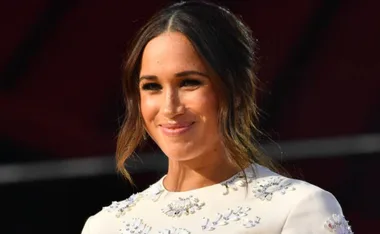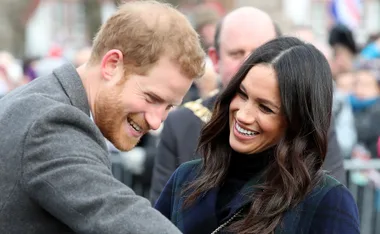I have never been overly fussed about the royals. While my job as a journalist demands that I pay attention to what members of the British Monarchy say, do, and wear, my overall opinion and interest in them has always been largely neutral.
Or, it was, until through my work I repeatedly witnessed the barrage of negative commentary that Meghan Markle has received since she married Prince Harry—especially in the wake of her explosive interview with Oprah Winfrey in March.
Like the rest of the world, I sat down to watch the controversial tell-all, a conversation that will no doubt go down as one of the most shocking in royal history, much like Princess Diana’s bombshell Panorama interview of 1995.
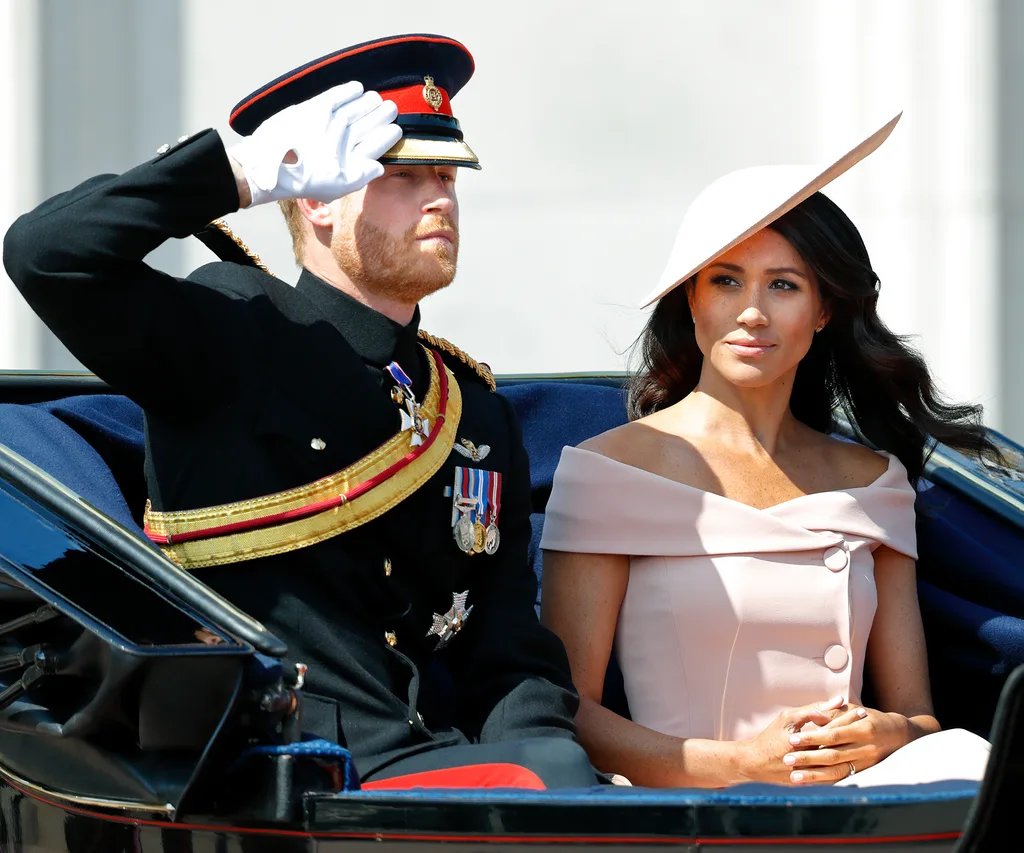
Meghan Markle has received abarrage of negative commentary since she married Prince Harry in 2018.
(Getty)And, like the rest of the world, I felt my opinion about the interview forming well before the Sussexes’ chat actually aired in Australia. With the various teaser clips surfacing online ahead of the broadcast showing Meghan as she revealed that “The Firm” was responsible for “perpetuating falsehoods” about them, and Oprah declaring “there is no subject that is off limits”, it would have been almost impossible to not have some thoughts about the now-groundbreaking dialogue that transpired.
(Although I certainly wouldn’t have gone as far as the so-called royal ‘experts’ who gave whole interviews prior to its airing, feigning they had seen it when they hadn’t).
However, over and above the interview itself — which some saw as the Sussexes finally being able to reclaim their own narrative, and others, as a calculated play for positive PR — what took me aback, yet again, wasn’t anything Meghan said or even the many revelations that came out of it, but the polarising response she seems to evoke.
Let’s briefly put aside the online commentary around the Oprah interview. Over the two years I’ve been writing about Meghan and monitoring the Internet’s opinion about her, it’s been impossible to ignore the fact that there are those out there who, frankly, hate the woman.
I’ve seen people who have “be kind” in their Instagram bios absolutely trash her in comments sections. So-called psychologists making downright inflammatory remarks about her from their professional social media profiles. And more often than not it turns out to be other women who are leaving negative comments while preaching “sisterhood” in another post.
It’s confusing to say the least. But, it’s not entirely their fault. We have, for a very long time, been gaslit by tabloid culture.
By ‘we’, I mean, all women. The reality is women have long been the primary consumers of tabloid publications—a form of media that thrives through clickbaiting readers into stories about other women with inflammatory headlines, hypocritical points of view and out-of-context images.
Kate touching her baby bump? Maternal. Meghan touching hers? Attention-seeking. Who can forget the unrelenting calls for ‘Megxit’ well before it happened, the inundation of stories claiming she ‘breaks protocol’ and the coincidental timing of the current bullying allegations.
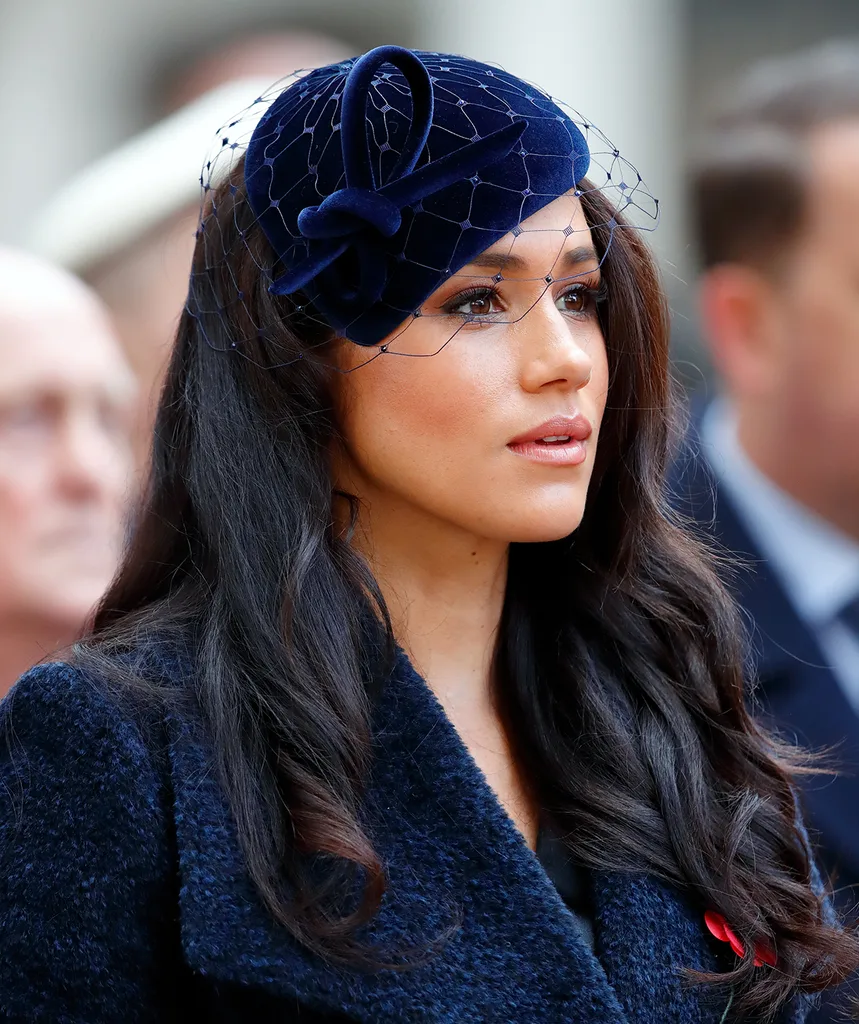
“Who can forget the unrelenting calls for ‘Megxit’ well before it happened?”
(Getty)Meghan Markle is one of the greatest modern manifestations of how a fictionalised narrative can get out of control, influencing the masses into hatred while destroying a real person’s mental health in the process—and that’s before one even considers the underlying role race has played in her portrayal.
While Meghan might be one of the most prominent woman to receive such media treatment in recent times, she’s far from the first or only one. Actress, activist and advocate Jameela Jamil has spoken on multiple occasions about how the machine that is the tabloid media—particularly the British tabloid media—has worked to destroy and discredit not only her but other female celebrities.
One such example took place in December 2020, when Jameela opened up about how some comments she made on a friend’s podcast were taken entirely out of context by tabloids to sell a series of fabricated stories.
“A thread about women, headlines and how the media work to discredit, undermine and harm us, and mostly turn you against us. This week, I was on my mate’s funny podcast. The media have made SO many articles about this episode that it’s mad. Spinning everything I say,” she tweeted alongside a series of screenshots featuring the headlines.
“Here, they deliberately ignore that I said very clearly it was the abuse from Piers [Morgan] about my mental/physical health and trying to blame me for a death that I had nothing to do with. This headline is opening up the idea: ‘the leak made her feel suicidal’ (as if out of guilt/shame).
“I said clearly; when I’m 40 (in 6 years) I might retire and work in mental health. Because I don’t think I will want to live a public life, especially if I have kids. They all make it sound like I’m leaving NOW to then make me look like a liar as I carry on with my current career.
“This is another deliberately out of context headline to contradict all of my current actions. This was a quote from the part where I was explaining my headspace during a breakdown 8 years ago when I left the industry for a few years. Not me now. I am stable and can handle it now.”
To finish, Jameela noted: “I want you to be so careful with articles and headlines, especially about women: they are deliberately inflammatory, and almost never in context to annoy you and to misrepresent and provoke us… “
The way Meghan has been depicted in the tabloid media can be likened to not only Jameela, but another female star who has been silenced by forces out of her control — Britney Spears.
Another victim of the gossip magazines, there are many parallels between Meghan Markle’s recent experience and that of the pop singer’s — whose decades-long scrutiny was recently captured in the documentary Framing Britney Spears. Both have been destroyed by the tabloids to sell stories, both have publicly experienced mental health struggles, and both have been kept quiet about their experience by greater powers at play.
However, while people are retroactively displaying empathy for Spears’ current situation and her 2007 mental health breakdown, such a courtesy — in a time when we supposedly have a greater understanding of mental health issues than ever before — isn’t being extended to Meghan Markle.
To draw an even more common parallel, the same could be said about Princess Diana, who admittedly used the tabloid machine to her benefit to play the game she became inextricably a part of.
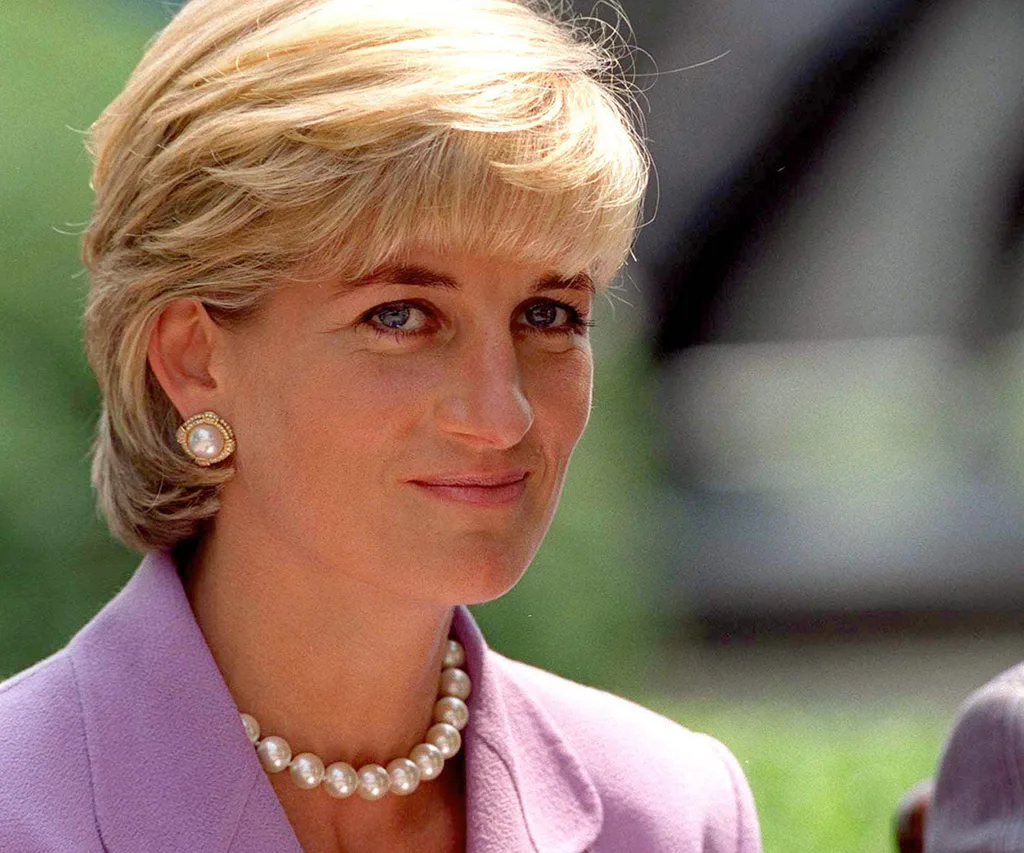
Princess Diana was viewed as a royal rule-breaker in her time.
(Getty)It’s also interesting to observe that up until her passing she was, like Meghan, widely seen as a controversial royal and rule-breaker — and wasn’t nearly the deified and beloved figure she is today.
One of the greatest criticisms levelled against Meghan is that she has a “victim mentality” and that her supposed calls for “privacy” don’t align with the publicity the media gives her (note: there is a difference between being having blatant lies written about you and controlling your own narrative to promote your work).
There is some verisimilitude in this, but it arguably stems less from Meghan “playing the victim” and more from how the tabloids cast her as the victim, and while the commentary against her appears to target only her — in the big picture, it really doesn’t.
Meghan Markle stands at a unique intersection of identities, whether one likes her or not. She is a public figure, she is a woman of colour, a Black royal and a mother of two. She has shared her mental health battles with the world, and while the heated comments people leave under stories about her might not reach her directly, they reach other women like her.
What does leaving negative comments about Meghan Markle actually say about us? What kind of cultural conversation does it encourage? What does this add to the discussion about mental health, feminism and how we treat women in the public eye? Why does it take a woman breaking down — or worse — to make us reconsider everything we think we know about them?
I believe it says we still have a long way to go, that we are still feeding the vicious cycle that, at its core, perpetuates a patriarchal narrative that hurts real people — mostly women — and we can’t keep being in denial about our part in it.
It’s 2021, it’s time to do better. Meghan deserves it. And so do we.
This article originally appeared on our sister site, Marie Claire.
